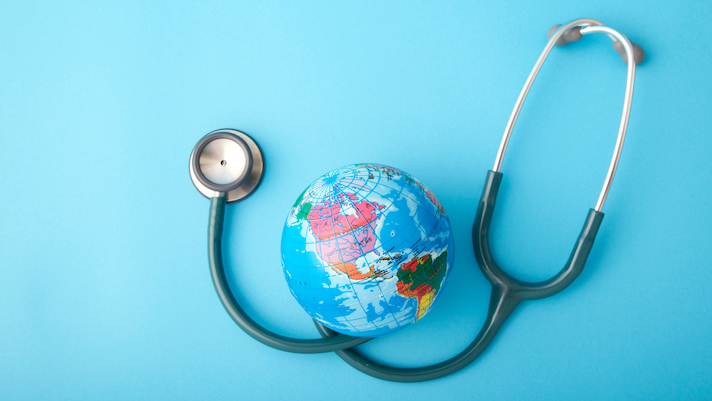In the wake of the lockdown at the height of the COVID-19 pandemic in 2020, a pregnant woman being rushed to the hospital lost her child because her doctor was delayed by the police at a stop and search point and then detained. Policemen conducting stop and search operations are confronted with fake passes presented by people posing as health care workers and had to clamp down hard for security purposes.
In a room full of professional health care workers, security personnel, human rights agencies and government ministries, stories like these and many others form the basis of discussions at the second national roundtable on the protection of health care in Nigeria.
Health care personnel are essential workers whose duty is to save lives
The second national roundtable on the protection of health care was organised jointly by the ICRC in collaboration with Nigeria’s Ministry of Health. The roundtable was a platform for professionals from different sectors to come together, identify challenges to the protection of health care services and work collectively to recommend solutions.
“Health care personnel are essential workers whose duty it is to save lives”, Dr Philips Uche Ekpe, President of the Nigerian Medical Association said. “They should be allowed to work unhindered in all climes, whether it is during a pandemic or in the aftermath of violence.”
Speaking on the problem of synergy, a participant, CSP Dr Ifayase Olabanji Akinola, a medical doctor working in the Police force, stated that while the problems of synergy and a lack of inter-agency collaboration were obvious, prompt and timely follow-through on the recommendations presented as necessary.
Recommendations highlighted include policy development specific to health care services, effective synergy among health, security and federal agencies and consistent training of personnel from all sectors on the laws protecting health care workers and access to healthcare.
“We may come from different sectors, but we are all working on the front lines with the same purpose and that is to save lives”, said Dr Ekpe. “Working together is ultimately in our best interest because we are on the same side”.


